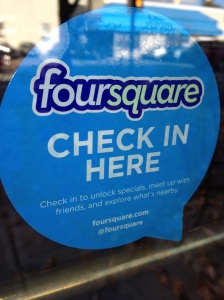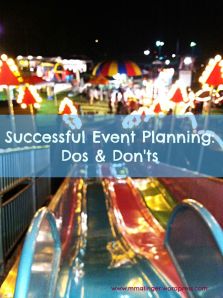How To Politely Decline An Invitation
Event planning isn’t merely planning; it’s scheduling and properly managing your time.
So in the midst of your big event, you have four other events that you are expected to attend and they aren’t even yours! Coming from someone who never says no, I’m here to tell you that it’s okay to say no.
Knowing how to say politely say no. Here are some tips:
Make Time: Don’t say you are too busy for any of the events you’ve been invited to. Are you really too busy for your cousin’s wedding? Because being the amazing scheduler that you are, you probably aren’t. Prioritize which parties or events are most important to you. Consider the networking that will take place at that conference, or remembering that baby shower ten years from now.
RSVP Is Not Included Just For Fun: Once you’ve decided which invited you are declining, let that person know! When someone asks you to RSVP it’s because they’re trying to determine a count of how many will attend the event. This helps them determine the amount of food, drinks, or even chairs they will need. Be kind.
Practice Good Public Relations: Don’t be too professional or informal with your friends, but practice good PR. Even if you feel bad about not being able to make it, don’t imply that you are still on the fence about attending. Your friend will appreciate a clear no and move on.
- Always thank them for thinking of you.
- Always apologize for not being able to attend.
- Always follow your decline with “But I really appreciate the invite.” or some variation.
Finally, Call: Do not decline an invite via text or social media. It’s impersonal and the tone and quality of your voice when declining in person or on the phone will soften the blow.
Remember you can’t say yes to everyone. And one day I’ll learn to take my own advice.
Hope this helps!







Recent Comments